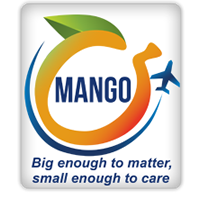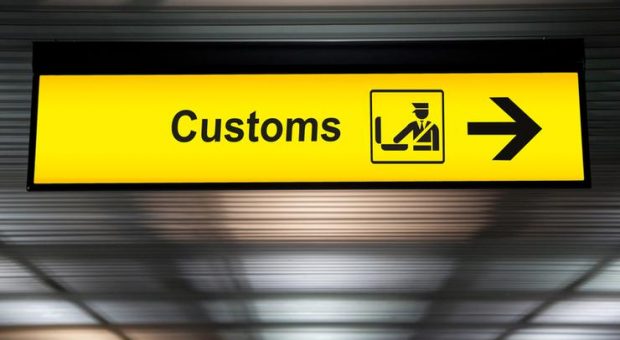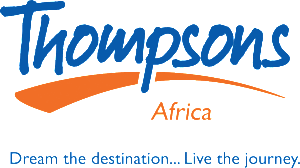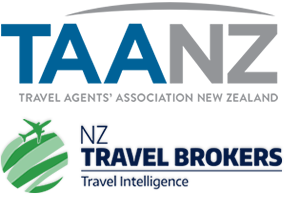Travelling takes allot of planning and being in the know on what you may or may not customs wise can save you big time when traveling.
With that in mind lets have a look what happens when you get off the plane in New Zealand.
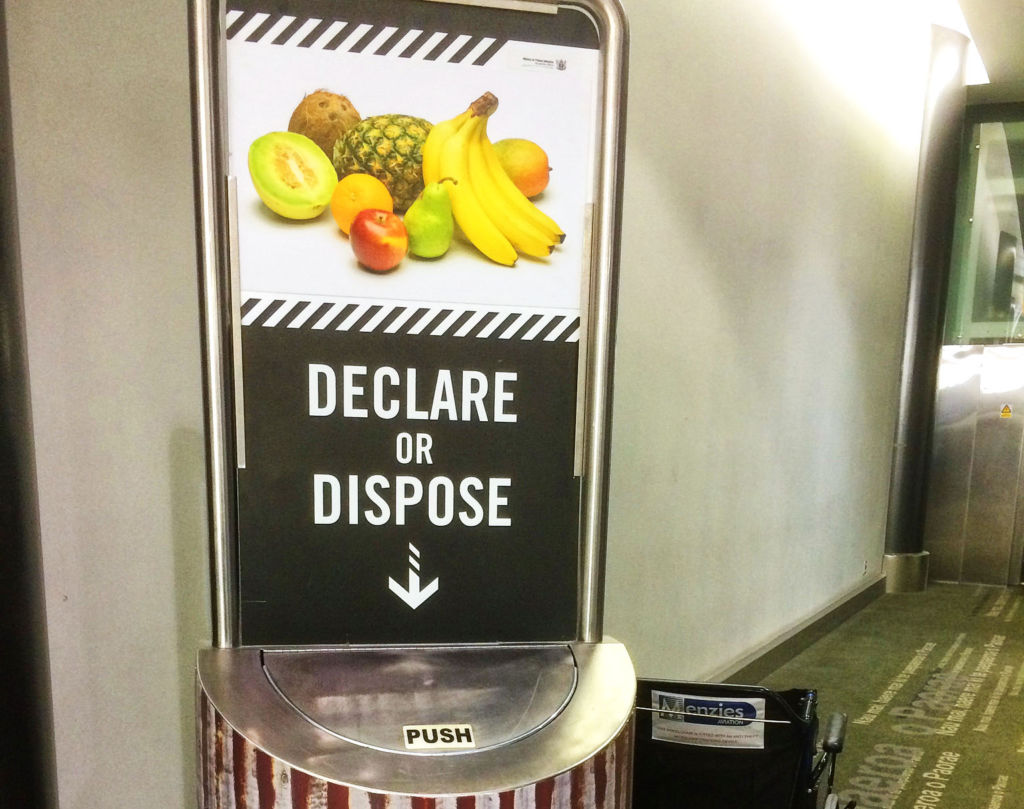
On your arrival
Declarations
Before you disembark from your ship or plane you will be given a New Zealand Passenger Arrival Card (PDF 35 KB) to fill in.
This Passenger Arrival Card must be completed before you get to passport control. On it you will declare what you are – or are not – bringing into the country.
You do not have to declare your clothing, footwear, jewellery, and toiletries – these are regarded as “personal effects” if they are intended solely for your own use.
Please have any purchase receipts available.
You must tick ‘Yes’ on the card if you are bringing into New Zealand:
- medicine – over 3 months’ supply, or medicine not prescribed to you
- restricted or prohibited goods, for example, weapons, indecent publications, endangered plants or wildlife, illegal or controlled drugs
- alcohol – more than 3 bottles of spirits (not exceeding 1.125 litres each) and 4.5 litres of wine or beer
- tobacco – more than 50 cigarettes or 50 grams of tobacco products (including a mixture of cigarettes and other tobacco products)
- goods obtained overseas and/or purchased duty-free in NZ with a total value of more than NZ$700 (including gifts)
- goods carried for business or commercial use
- goods carried on behalf of another person
- cash – NZ$10,000 or more (or foreign equivalent), including travellers cheques, bank drafts, money orders, etc.
If you fail to declare restricted or prohibited items or make a false or incorrect declaration on your arrival card you could face a $400 instant fine.
Translations of the arrival card are available in the following languages:
Arabic, Chinese (Simplified), Chinese (Traditional), Cook Island Māori, Czech, Dutch, Farsi, Fijian, French, German, Hebrew, Hindi, Indonesian, Italian, Japanese, Korean, Malay, Māori, Portuguese, Punjabi, Russian, Samoan, Somali, Spanish, Tagalog, Tamil, Thai, Tongan, Urdu, Vietnamese.
Your Passenger Arrival Card must be completed in English.
Questioning
You must answer questions about the goods in your possession, and produce your identity documents. It is an offence not to do so.
You may get questioned because we want to verify you are a legitimate traveller. A Customs officer might ask you a range of questions to verify who you are, why you are travelling, and what you are carrying with you.
You can ask our officer to explain why they are asking a particular question, if you need that clarified. You also can request a translator or interpreter if that will help.
Screening and baggage search
After clearing passport control and collecting your baggage, head straight for the exit marked on your arrival card or your eGate ticket.
Screening
If you have nothing to declare, you can carry straight on through – although you may be stopped at the discretion of a Customs or Ministry for Primary Industries (MPI) officer.
If you do have goods to declare – or there is something you are unsure about – then you should present yourself voluntarily to Customs.
If you have organic goods to declare which may be agriculture risks, or if you are unsure about it, you should go to an MPI officer. For further information on what items are prohibited and restricted and what youi must declare or dispose – visit the MPI Biosecurity website.
You may not leave the arrival hall until you have completed all Immigration, Customs and MPI Biosecurity formalities that may be required of you.
Baggage search
Customs officers and MPI Biosecurity officers may search the baggage of any traveller. You must make any item in your possession or under your control available for examination.
This includes:
- wallets, handbags, money belts, and the contents of your pockets
- any items being carried by a child who is travelling with you.
During this process, the contents of your bags may be removed and examined. Sometimes an officer may use a detector dog or imaging equipment to assist with the examination, or do a drug swab test. Please note imaging equipment will not damage the contents of your bag, such as unexposed film. The only time imaging equipment might damage film or other material is after repeated exposure.
It is always better to declare items you are unsure about, rather than running the risk of getting caught with something which is prohibited.
Let us know if there are items of special personal significance that need to be handled carefully. If you have concerns about your privacy, please raise this with the officer.
Personal search
An officer may conduct a personal search if they suspect a person is concealing unlawful goods, or goods on which revenue must be paid, on or about their body.
The officer will explain your rights if this type of search is needed. An officer of your gender will carry out this search in a private room, and another officer will be present as a witness.
Communication
Photography, filming, recording or use of mobile phones is not permitted in the search area for security and privacy reasons.
If you need to contact someone who is waiting for you, please tell the officer and they will consider this.
All our officers are required to protect your privacy. They will not answer questions about you or your whereabouts if your friends or families approach them directly in the waiting area, unless you have given us approval at the time.
Amnesty bins
If you know you have something prohibited in your possession, or are in doubt about it, you have the option of getting rid of it before entering the Customs and Biosecurity areas. You will find Amnesty Bins for this purpose located at all NZ’s international airports. They are there for the safe disposal of risk goods – such as the half eaten orange in your handbag.
Things to be wary of bringing in
Restricted items you must declare include feathers, bones, tusks, furs, skins, hunting trophies, stuffed animals and reptiles, unprocessed wool and animal hair, items made from animal skin (e.g. crocodile handbags) and equipment used on animals including riding equipment.
You will not be allowed to bring into NZ coral, clam, turtle and tortoise shells, products of endangered species or ivory in any form, unless you have a CITES certificate to allow you to do so.
source: https://www.customs.govt.nz/personal/travel-to-and-from-nz/travelling-to-nz/on-your-arrival/?fbclid=IwAR0TjgDNBRwzQcrZrvd6bmYVN4GJVr2gDJoj27tFQZroB7khcyvgOakiwBs
Correct and up to date as of 14 Nov 19
